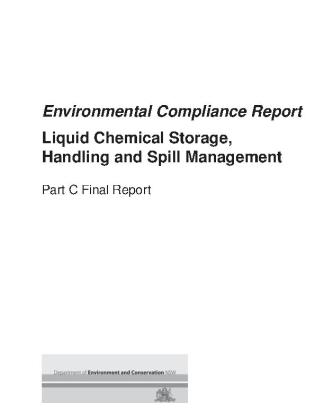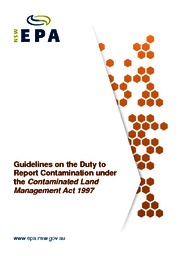A Chemical Control Order (CCO) allows for the control of a chemical throughout the chemical's life cycle. It can set requirements for a broad range of activities, including the manufacture, processing, distribution, use, sale, transportation, storage and disposal of chemicals and chemical wastes. It can also be used to require the phasing-out of a particular chemical.
There are 6 Chemical Control Orders in place in NSW:
- aluminium smelter wastes containing fluoride and/or cyanide (PDF 24KB)
- dioxin-contaminated waste materials (PDF 20KB)
- organotin waste materials (PDF 23KB)
- polychlorinated biphenyl compounds (PCBs) (PDF 58KB)
- scheduled chemical wastes (PDF 36KB)
- Minamata Convention on mercury (PDF 178KB)
Each Chemical Control Order sets out requirements for handling these chemicals throughout their life cycle.
Making Chemical Control Orders
The EPA can make new Chemical Control Orders under the POEO Act, where the EPA is satisfied the order is necessary to prevent or minimise an adverse effect on the environment.
The first step is an assessment of a chemical or the declaration of a chemical and whether it is likely to cause an adverse effect on the environment. It may follow assessments at a national level and international chemicals agreements to which Australia is a signatory.
Stakeholder submissions on proposed CCOs are considered in the determination to make the order.
The orders are published in the NSW Government Gazette and take effect from the specified date. They remain in force until a repeal notice is published in the Gazette.
Offences and penalties
If you are handling a substance that is subject to a CCO, you must comply with its requirements and relevant environment protection licence conditions. It is an offence for a person to carry on an activity in relation to a chemical in contravention of a CCO under the POEO Act.
The maximum penalty for this offence is:
- Individual: $250,000 and $60,000 that each day the offence continues
- Otherwise: $1,000,000 and $120,000 for each day the offence continues.



